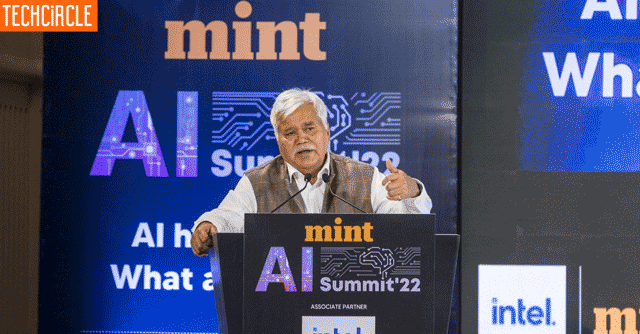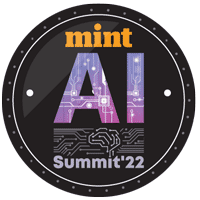
Digital Health Mission is much more difficult to implement than Aadhaar: RS Sharma


 The Ayushman Bharat Digital Mission (ABDM), which seeks to build a technology backbone for digital health infrastructure in the country, is “much more difficult” to build than Aadhaar, said Ram Sewak Sharma, chief executive of the National Health Authority (NHA) on April 29.
The Ayushman Bharat Digital Mission (ABDM), which seeks to build a technology backbone for digital health infrastructure in the country, is “much more difficult” to build than Aadhaar, said Ram Sewak Sharma, chief executive of the National Health Authority (NHA) on April 29.
Speaking at the Mint AI Summit 2022, Sharma explained that while Aadhaar had only two parties involved – citizens and the government – the ABDM has multiple players with multiple levels of involvement, such as digitized health records for patients, a health claims exchange for insurers, a health facility registry for doctors, a drug registry, the involvement of hospitals to consume and process the data, and more.
“Everyone states that this must be easy for you to build, since you’ve already made Aadhaar…I don’t mean to disparage Aadhaar, but this is much more difficult to implement than Aadhaar,” said Sharma. He also said that there was “bipartisan support for Aadhaar across the nation.”

Sharma pointed out that the NHA has already been implementing technologies in the public health infrastructure space with the Pradhan Mantri Jan Arogya Yojna (PMJAY). “We have so far done 3 crore hospitalizations in the past 3.5 years as of March 2022, and for this, process 1 million insurance claims per month on average,” he said. Under PMJAY, the NHA has also created a Health Claims Exchange, which reduces the cost of processing insurance applications for vendors – both public and private. “AI, in this field, helps offer services such as predictive analysis and fraud prevention,” Sharma added.
The NHA chief also said that over one million data points are generated through the PMJAY insurance claims process. This data trickles down to ABDM, which then implements them within the public health stack – which includes linking historical records of patients, offering a network of doctors and medical service providers, and a linked registry of drugs.
The Ayushman Bharat Health Account Number, which is the public identifier under ABDM, will be linked to Aadhaar and will contain all past and present details of medical transactions made by a patient. The Health Facility Registry for medical service providers such as doctors and paramedics, and the Drug Registry for linked supplies of medicines, will be the “building blocks that will interact so that the patient will have their longitudinal health records, can share consent digitally, and host online and remote consultations with doctors,” according to Sharma.

“More applications for these registries are being discussed right now,” he said. The NHA had invited expressions of interest for solutions that will help build the national health ecosystem earlier this year. Digital payments firm PayTM announced a partnership with ABDM on April 18.
According to Sharma, the NHA plans to offer its entire artificial intelligence (A) driven health stack as a software-as-a-service (SaaS) product even to private players in the healthcare sector in India. However, Sharma also added that service providers will need to be cautious in providing the technology, since it involves usage of a lot of sensitive personal data. “AI must be ethical and explainable, and accountable as well. The technology should be for public good, and no public data should be misused just because the person supplying the data is illiterate. Regulations for public AI systems put in place by bodies such as the Organization for Economic Cooperation and Development (OECD) and the European Union will provide a lot of input for public policy to our government and its policymakers in this regard,” he said.
